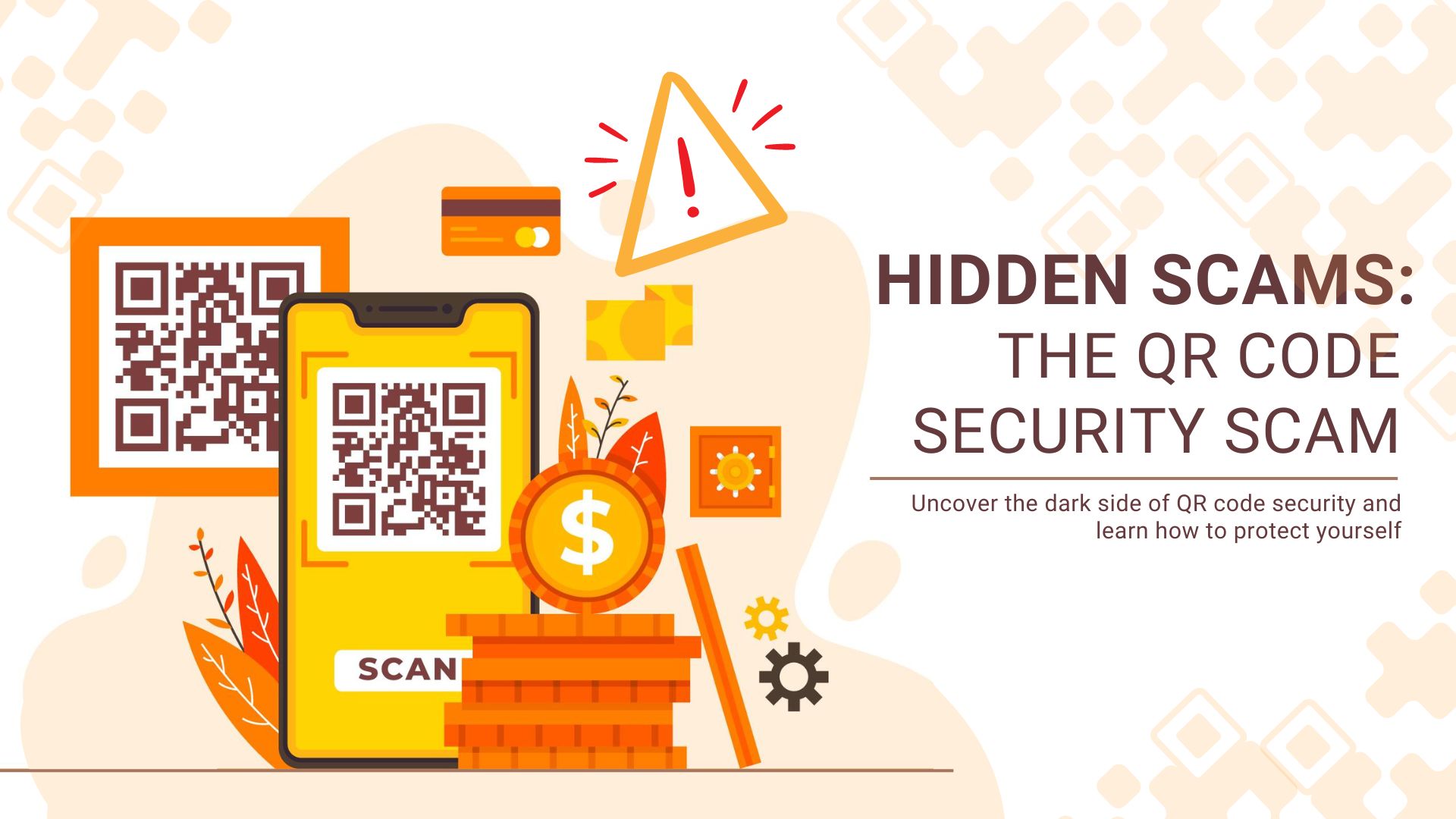In the picturesque town of Joyville, the air was filled with the enchantment of the Christmas season. Families busily prepared for the much-anticipated Christmas dinner, eager to celebrate and indulge in a feast of joy and togetherness. Little did they know that a deceptive plot was about to unfold, targeting their holiday cheer.

Amidst the festive ambiance, a new and seemingly convenient trend had emerged—a QR code system for pre-ordering Christmas dinners. The idea promised ease and efficiency, allowing residents to scan a code displayed in various public spaces and have their meals delivered right to their doorstep on the special day.
The townspeople were thrilled at the prospect of simplifying their preparations. They eagerly scanned the QR codes displayed in shops, parks, and community centers, submitting their orders for a delightful Christmas feast.

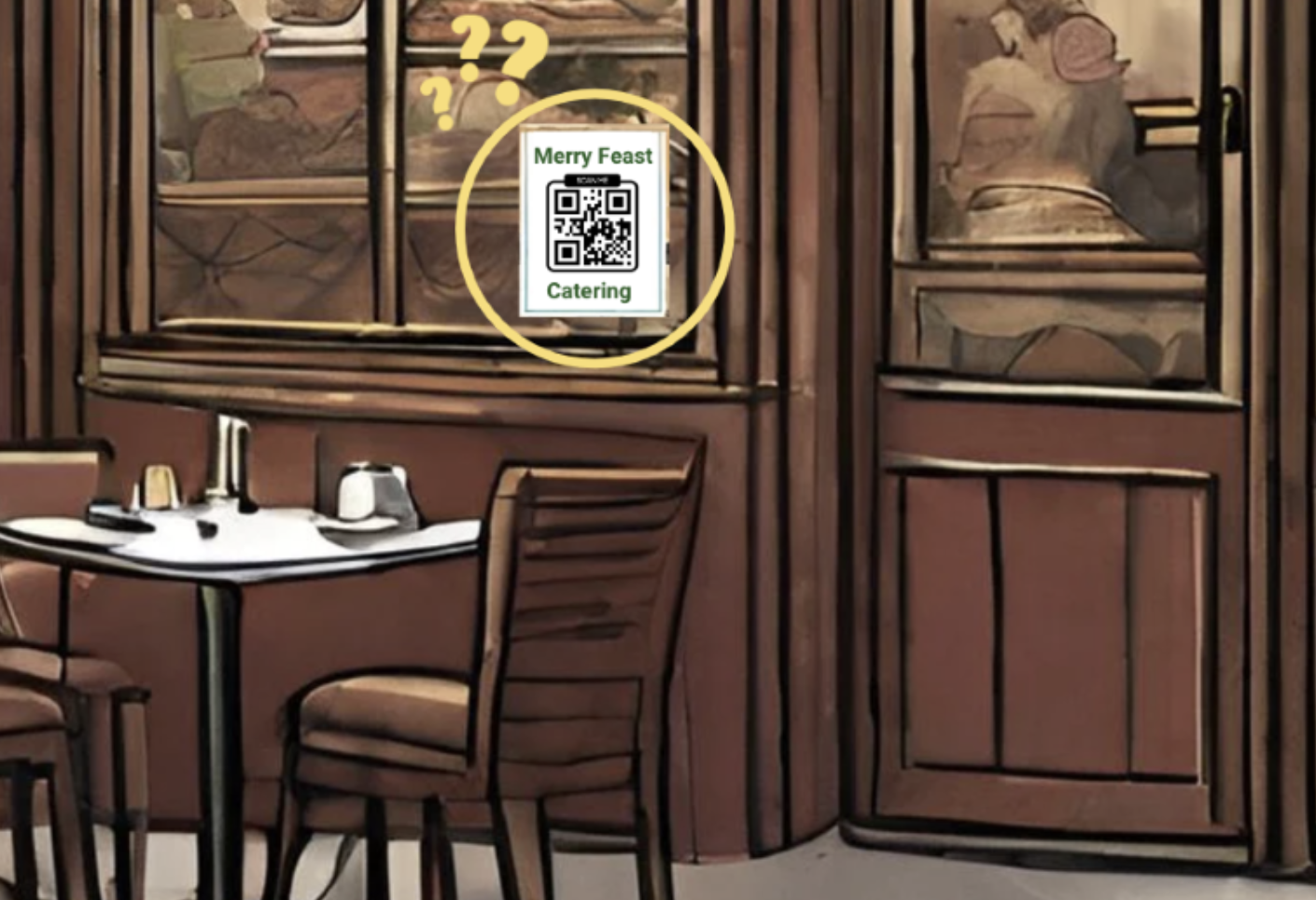
Among the enthusiastic participants was a kind-hearted man name David. Determined to make this Christmas memorable, he scanned a QR code displayed outside the town's popular restaurant, "Merry Feast Catering." He placed an order for a lavish dinner to be shared with her family, envisioning the joy it would bring to their faces.
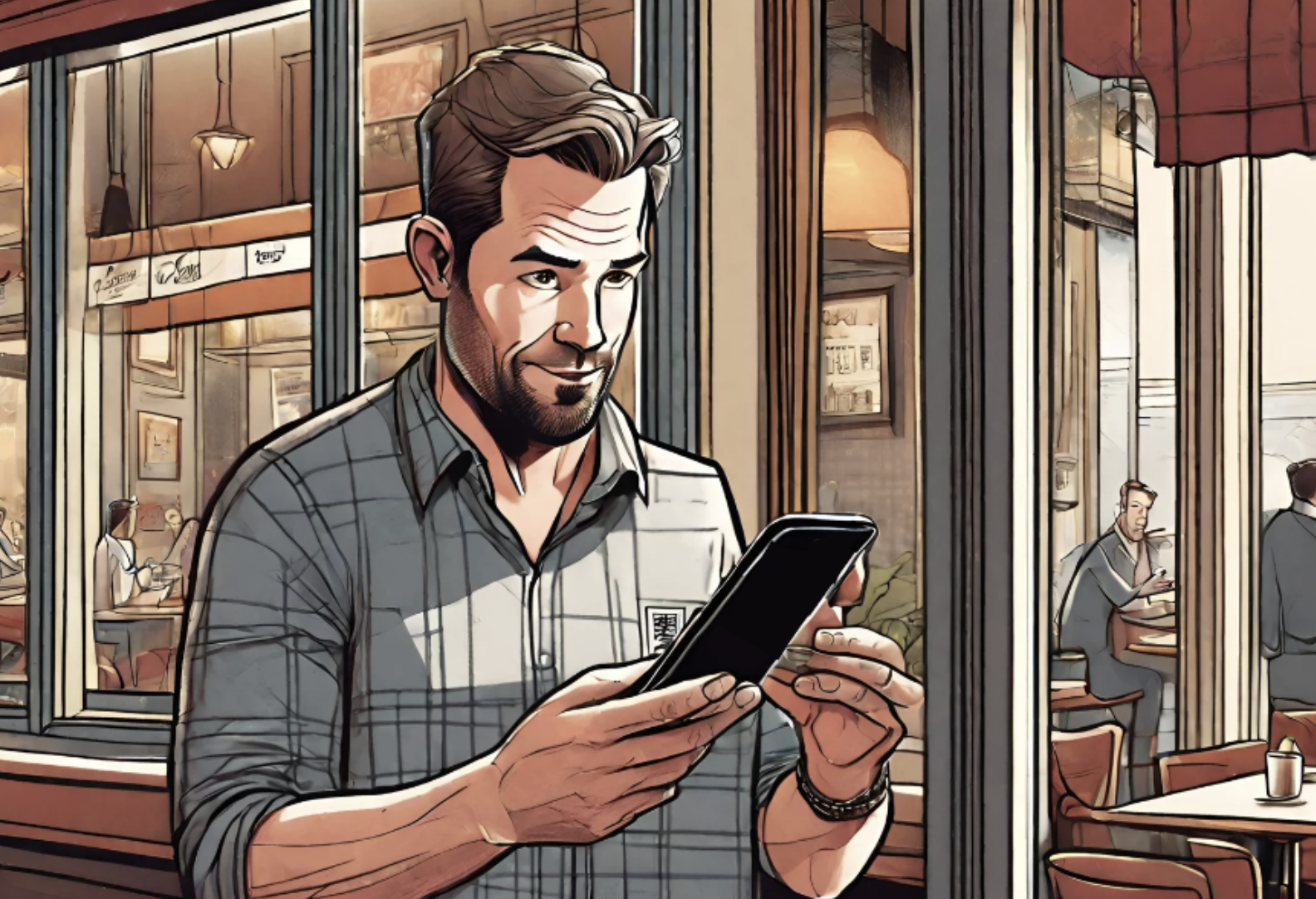
As the days passed, excitement turned into concern. David had yet to receive any confirmation or communication regarding her order. Worried, he reached out to the restaurant, only to discover that they had no knowledge of the QR code displayed outside their premises.
A sense of dread washed over David as he realized he had fallen victim to a QR code Christmas dinner scam. Desperate to uncover the truth and protect others from a similar fate, he reported the incident to the local authorities and shared her experience with the community.
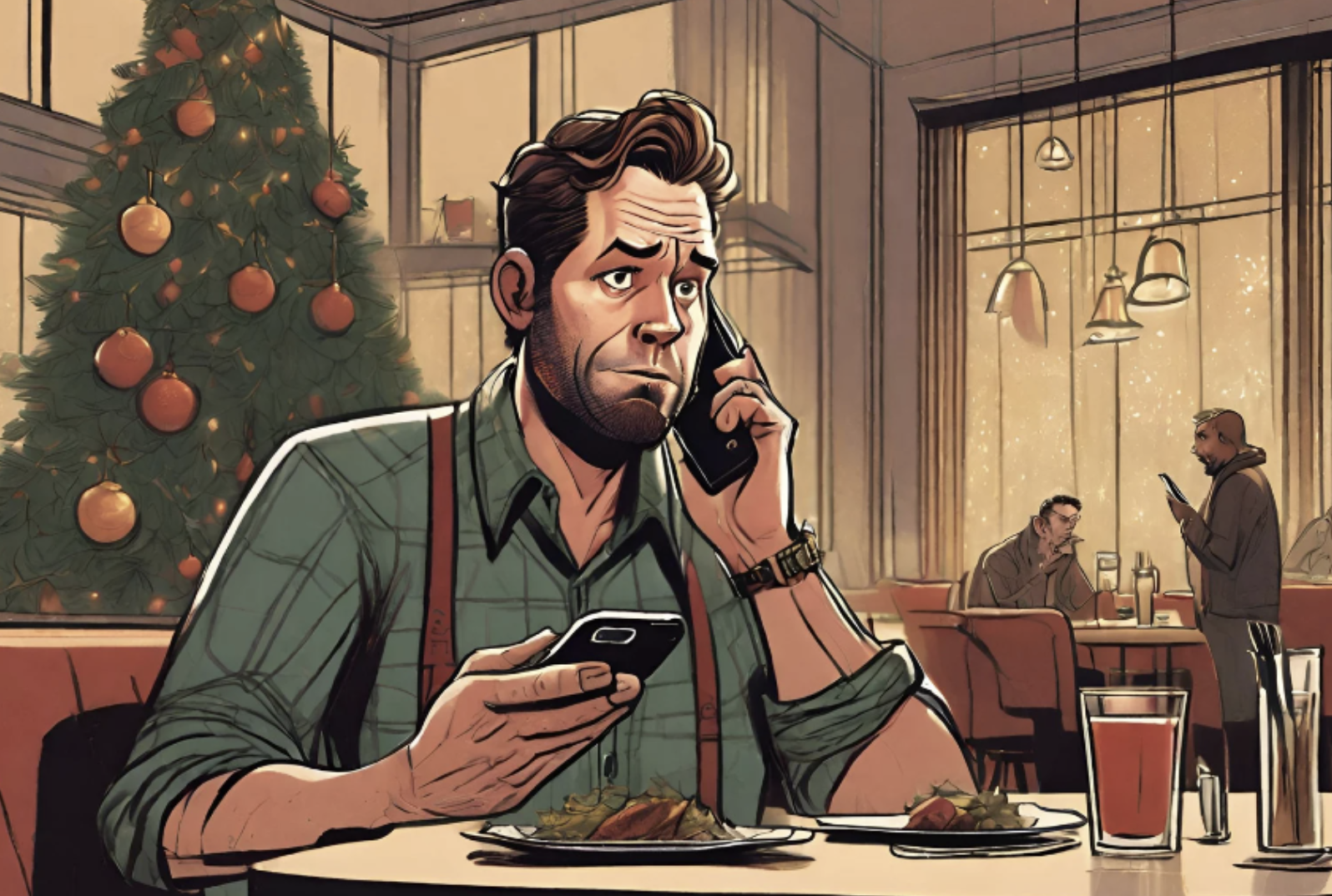
Together, David and the authorities initiated an investigation, delving into the origins of the deceptive QR code. It soon became apparent that a group of cunning individuals had set up a fake QR code system, preying on the trust and convenience it offered.
The scammers had cleverly replicated the branding and appearance of legitimate businesses, placing their QR codes in strategic locations around town. Unsuspecting residents, eager to embrace the convenience, fell into their trap, placing orders and making payments directly to the fraudsters.
As news of the QR code scam spread throughout Joyville, the community rallied together in solidarity. People shared their own experiences, raising awareness and urging caution when engaging with unfamiliar QR codes. Local businesses and organizations actively participated, displaying posters and distributing information to educate the public about safe scanning practices.
The investigation intensified, with law enforcement working tirelessly to track down the culprits behind the fraudulent QR code system. The scammers, realizing they were exposed, attempted to flee but were eventually apprehended, thanks to the collective efforts of the community and law enforcement.
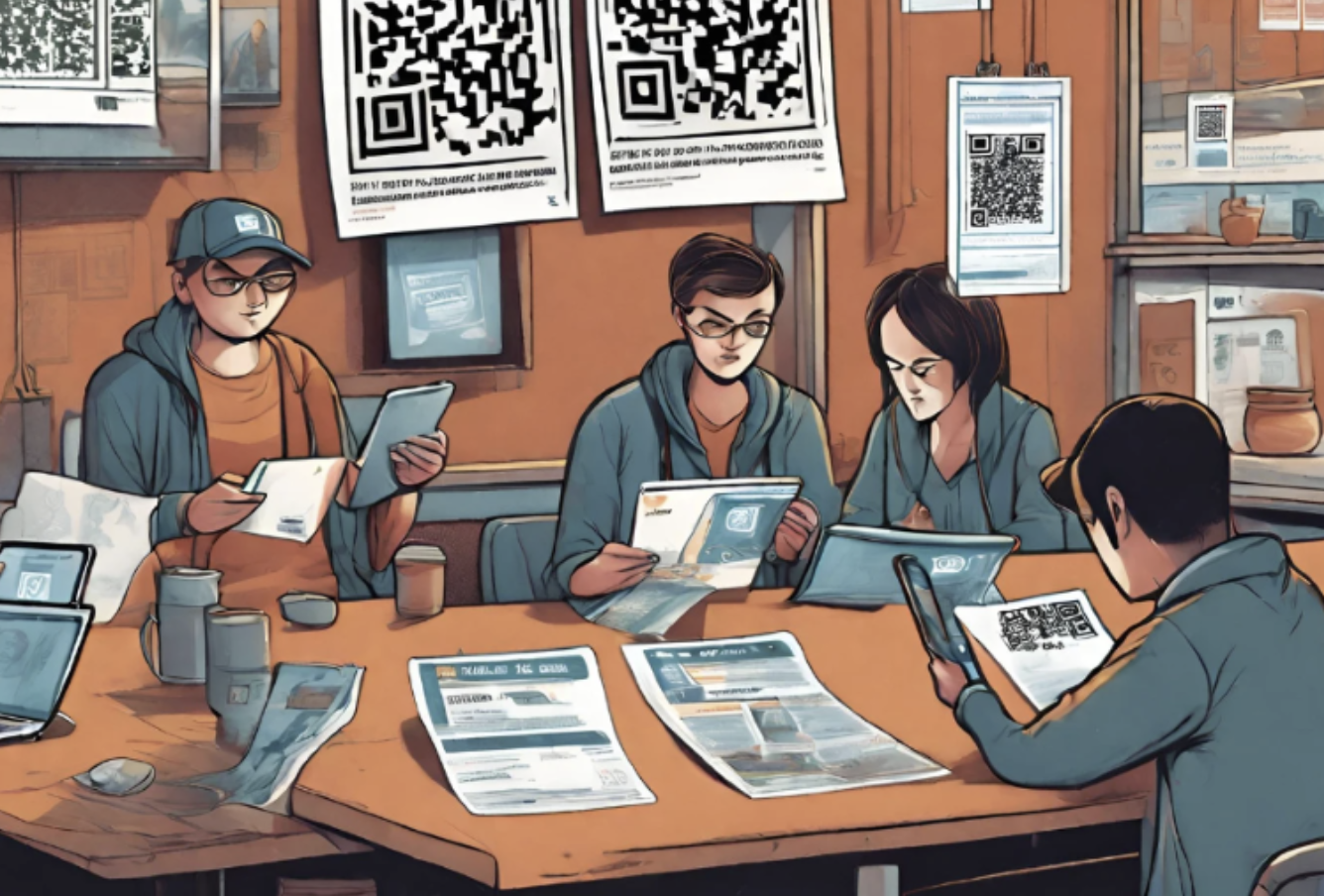

With the scammers brought to justice, Joyville began to heal from the ordeal. The town became a beacon of resilience, as its residents learned valuable lessons about online security and the importance of verifying sources.
David, hailed as a local hero, continued to advocate for safe practices in the digital world. He joined forces with community leaders, organizing workshops and seminars to educate others about QR code scams and how to avoid falling victim to similar schemes.
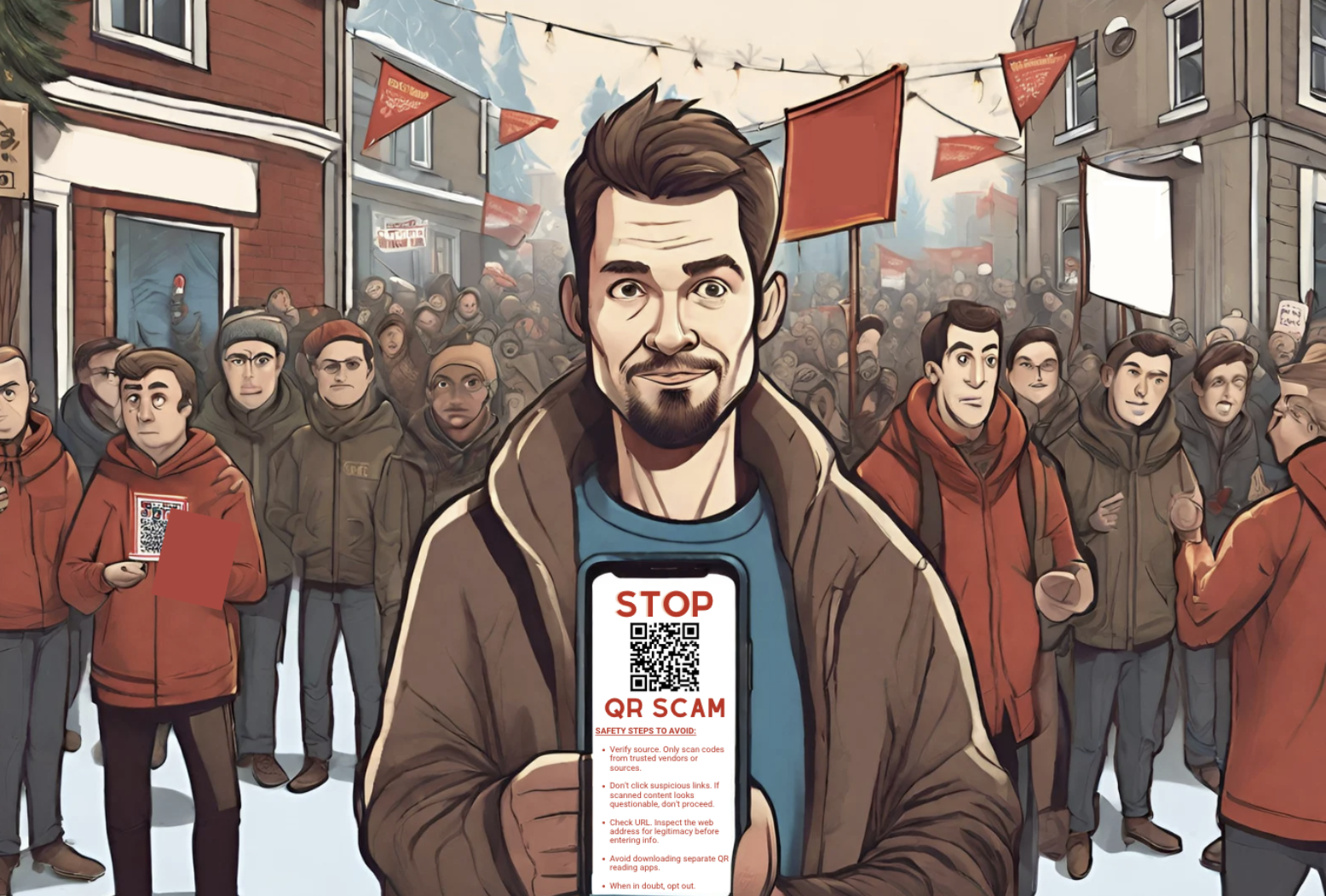
As Christmas Day approached, the spirit of the season remained unshaken in Joyville. The community's unity and determination to protect one another transcended the deceptive actions of a few. People came together, sharing their blessings, and ensuring that everyone had a joyful and secure Christmas dinner.
And as the townspeople gathered around their tables, embracing the warmth of their loved ones, they were reminded that the true magic of Christmas resided not in QR codes or material possessions but in the genuine connections and the spirit of resilience that thrived within their hearts.
The Key Takeaways
While QR codes offer conveniences aplenty, beware strange new codes that pop up unexpectedly! Cunning scammers craft clever traps to catch the unwary. But like our hero David, stay alert and kindly share so no grinch tricks other families to despair!
This holiday season, apply discretion when scanning QR codes from unknown sources to limit chances of regretful experiences. Discover below an awareness guide on one prevalent QR-based scam. Stay merry and bright by applying care before scanning! Check below for insights on QR code risks hiding from view.

